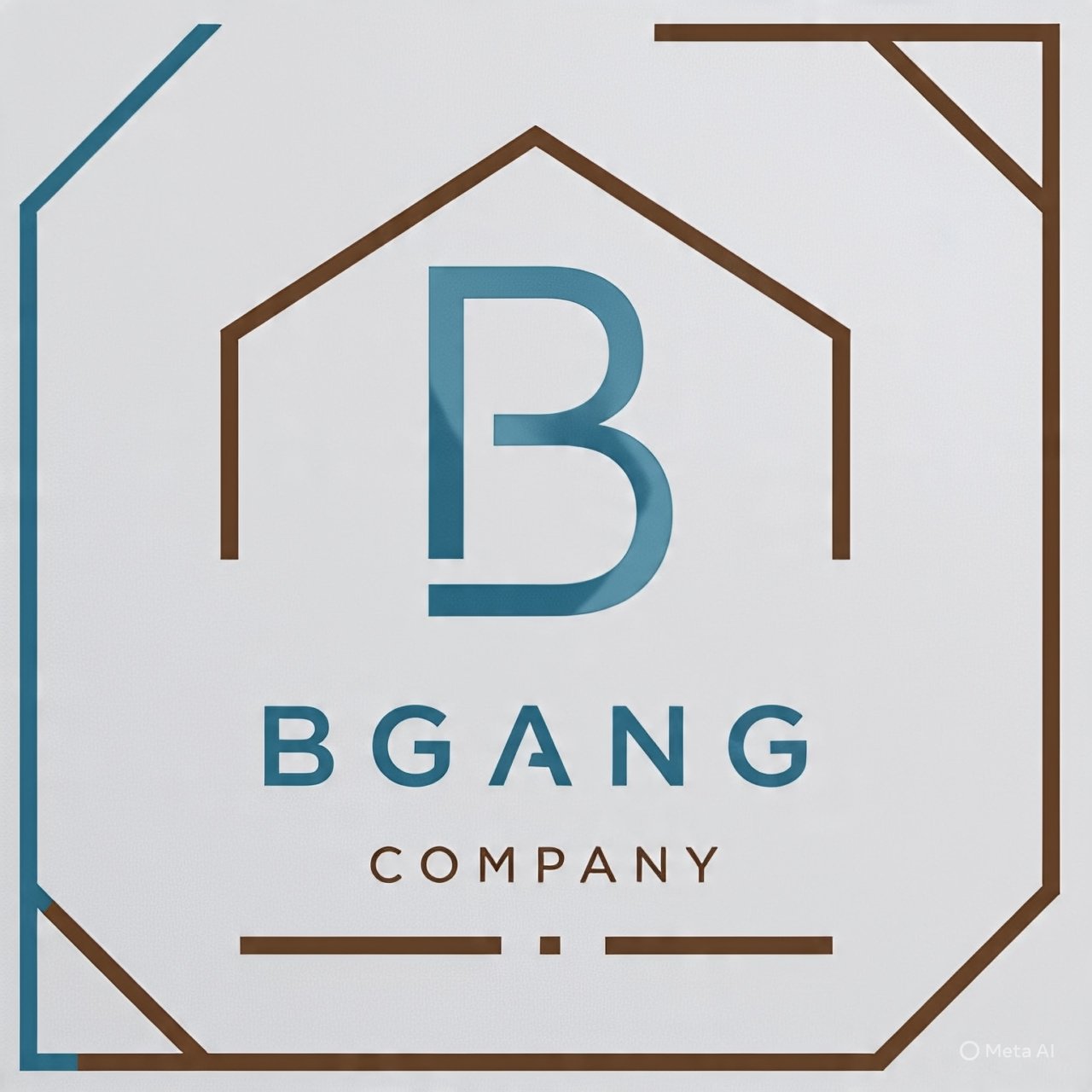
Understanding Nigeria’s Economic Landscape
Nigeria, often touted as Africa’s largest economy, presents a dynamic economic landscape characterized by a diverse range of sectors. As of the latest reports, the country’s gross domestic product (GDP) has shown significant resilience, rebounding from previous downturns and showcasing steady growth rates that are projected to continue over the coming years. Such growth is pivotal as it underscores Nigeria’s potential as an investment destination, appealing to both local and international investors.
The Nigerian economy is predominantly driven by sectors such as agriculture, telecommunications, and oil and gas. Agriculture remains a vital component, contributing significantly to employment and food security, while telecommunications has experienced explosive growth, driven by increasing internet penetration and mobile usage. Additionally, the oil and gas sector continues to be a significant revenue generator for the country, despite the volatility in global oil prices. The government has recognized these sectors’ importance, implementing policies aimed at diversification and reducing dependence on oil, which is crucial for sustainable economic expansion.
Furthermore, Nigeria’s business environment is increasingly shaped by governmental reforms intended to create a more favorable landscape for foreign direct investment (FDI). Initiatives to improve infrastructure, streamline business registration processes, and enhance regulatory frameworks have been introduced to entice investors. The trends in FDI indicate a growing confidence in Nigeria’s market potential, driven by the emerging middle class and increasing consumer demand, particularly in urban areas.
Several resilience factors further bolster the case for investment in Nigeria. With a population exceeding 200 million people, rapid urbanization is creating expanding markets and opportunities across various industries. The abundant natural resources coupled with an entrepreneurial spirit among Nigerians enhance the outlook for sustained economic growth. Such conditions make Nigeria not just a burgeoning market but also an attractive location for investors seeking long-term returns.
Navigating Challenges: Risks and Rewards
Investing in Nigeria presents a landscape characterized by both significant challenges and abundant opportunities. Political instability is a primary concern for potential investors, with fluctuations in governance and policies creating uncertainty. However, it is essential to recognize that this volatility can also open doors for first movers willing to navigate the landscape. For example, countries that entered the Nigerian telecommunications market early faced initial risks but ultimately reaped substantial rewards as they established dominance in a growing sector.
Regulatory hurdles further complicate the investment environment in Nigeria. The country’s complex legal framework can pose challenges for businesses, with processes often perceived as cumbersome. Yet, investors who take the time to understand local regulations and collaborate with local partners can effectively manage these hurdles. Establishing strong relationships with government entities and investing in compliance can result in smoother operations and long-term success. A notable case is that of a multinational corporation which, through engagement with local stakeholders, successfully launched operations in Nigeria despite initial regulatory concerns, leading to impressive market penetration.
Infrastructure challenges in Nigeria, including electricity supply and transportation networks, are significant. However, these obstacles highlight an urgent need for investment in these sectors. Investors with innovative solutions can drive improvements while tapping into a market ripe for development. The renewable energy sector, for example, has seen robust growth, with companies that invested early in solar and alternative energy sources achieving high returns as they filled the gaps left by traditional infrastructures.
While investing in Nigeria is accompanied by inherent risks, the potential rewards can be considerable. By effectively managing these challenges, investors can position themselves advantageously in an evolving market filled with opportunities. Understanding the risks associated with investment in Nigeria is paramount, but so is the realization that these challenges often come hand in hand with substantial growth potential.
Sectors with High Investment Potential
Nigeria presents a diverse array of investment opportunities across several key sectors, primarily driven by demographic changes, technological advancements, and increasing consumer demand. Among these, agriculture, technology, and energy stand out as areas with substantial growth potential for foreign investors seeking to establish a foothold in the region.
The agriculture sector is a cornerstone of Nigeria’s economy, accounting for a significant percentage of the country’s GDP. The shift towards modern farming techniques and the push for food security have attracted both local and international investments. Opportunities in this sector range from agribusiness ventures to more advanced agricultural technologies, such as precision farming and organic produce. Successful companies have leveraged these opportunities, resulting in increased productivity and profitability while addressing the food supply challenge in the region.
Following agriculture, the technology sector has emerged as a vibrant hub for innovation and entrepreneurship. The rapid proliferation of mobile technology and internet access has sparked a wave of new startups addressing various consumer needs from fintech solutions to e-commerce platforms. The Nigerian tech ecosystem has seen significant success with companies like Flutterwave and Paystack, which have garnered substantial investment and market traction. As the startup culture continues to flourish, the ecosystem promises exciting opportunities for investors looking to tap into a rapidly expanding market.
Lastly, the energy sector is poised for transformative growth, particularly with the increasing push for renewable energy sources. Nigeria’s power infrastructure is improving, with both government initiatives and private sector involvement aimed at enhancing energy access and sustainability. Companies that invest in renewable energy projects, such as solar and wind power, are well-positioned to benefit from the country’s expanding energy demands while participating in the global shift toward sustainable practices.
As demonstrated in these sectors, Nigeria is a land of opportunity, where rising consumer demands, technological advancements, and infrastructure improvements converge to create a favorable investment climate. Each of these sectors not only shows promise for growth but also offers a chance for investors to make a lasting impact on the economy and society at large.
Building a Sustainable Investment Strategy
Investing in Nigeria presents vast opportunities, especially when approached with a comprehensive and sustainable strategy. To maximize returns and ensure long-term success, investors should initiate the process by conducting thorough market research. Understanding the economic landscape, consumer behaviors, and industry growth trends is essential. Investors should employ qualitative and quantitative research methods to gather data on various sectors, allowing for informed decision-making.
Equally crucial is the need for investors to familiarize themselves with local customs and business practices. Nigeria has diverse cultures and a wealth of regional differences that impact business operations. By respecting and integrating local practices into their business models, investors can foster goodwill and enhance their likelihood of success. This cultural awareness often translates into establishing stronger relationships with local stakeholders, which can be pivotal in navigating regulatory landscapes and gaining local market insights.
Building relationships with local partners is another cornerstone of a sustainable investment strategy. Engaging with established Nigerian businesses or local experts can provide invaluable guidance on operational strategies, compliance, and market nuances. These partnerships not only enhance credibility but also facilitate quicker access to resources and networks that are vital for navigating the complexities inherent to the Nigerian market.
The potential role of government incentives and support programs cannot be overlooked. Nigeria’s government offers various incentives aimed at attracting foreign investment, ranging from tax breaks to grants for specific industries. Investors should take advantage of these programs to enhance their investment experiences and mitigate risks. Furthermore, long-term planning and adaptability remain essential in this dynamic market. By staying flexible and responsive to changing conditions, investors can capitalize on emerging opportunities and navigate potential challenges effectively.

Leave a Reply